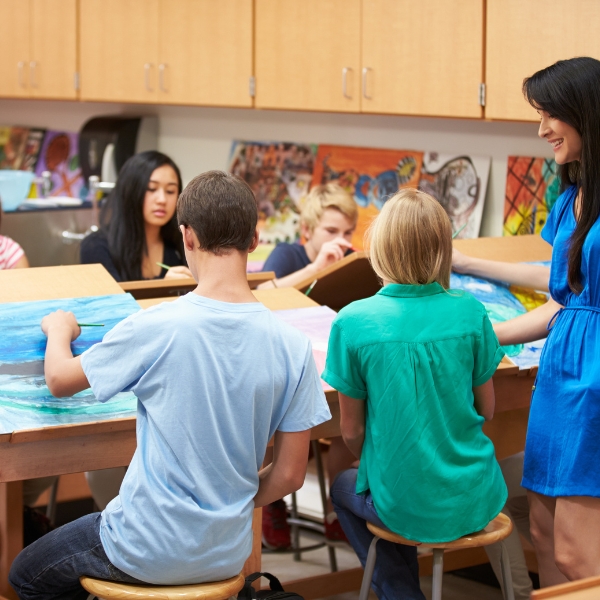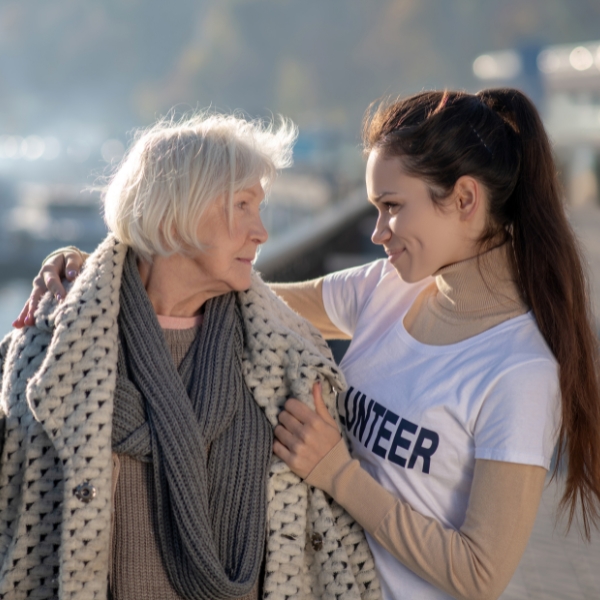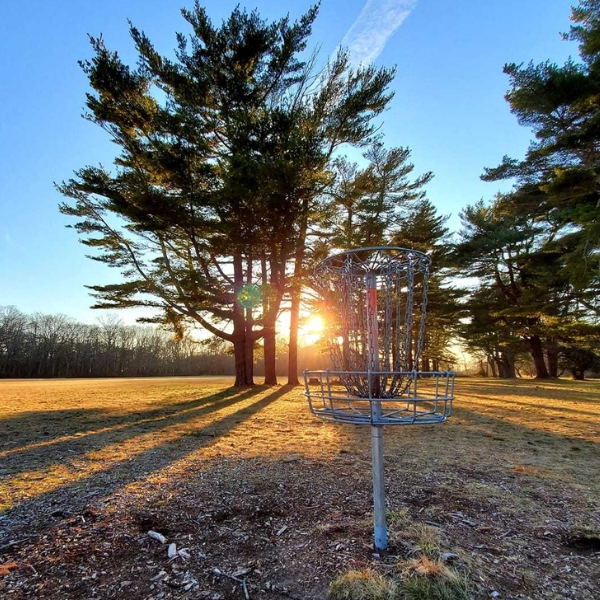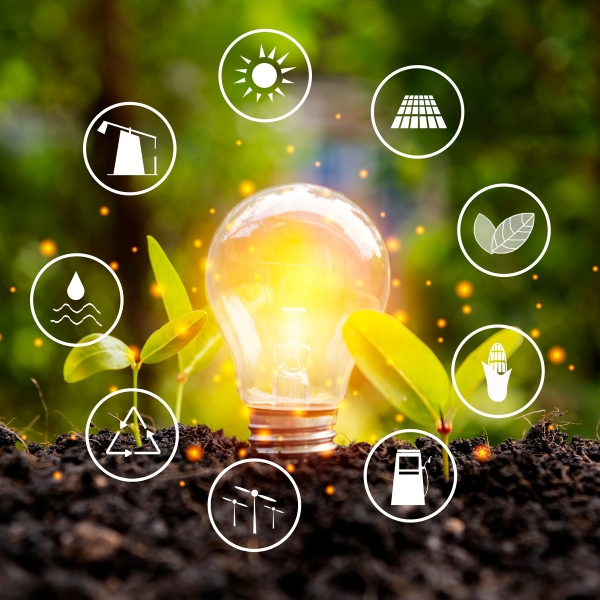Environmental Education Programs Teaching Kids to Protect Long Island’s Future
Environmental Education Programs Teaching Kids to Protect Long Island’s Future
As the threat of climate change becomes increasingly apparent, the need for effective environmental education programs has never been greater. Long Island, with its unique ecosystems and stunning coastlines, faces numerous environmental challenges, from rising sea levels to pollution. By focusing on Environmental Education Programs Teaching Kids to Protect Long Island’s Future, we can empower the next generation to take action and foster a deeper understanding of their role in environmental stewardship. These programs aim not only to educate but also to inspire children to become active participants in preserving their natural surroundings.
The Importance of Environmental Education
Environmental education is vital for fostering a sense of responsibility and connection to the natural world. Children who participate in these programs learn about the complexities of ecosystems, the importance of biodiversity, and the impact of human activity on the environment. By integrating hands-on activities with classroom instruction, these programs provide a multifaceted approach to learning that resonates with young minds. Key components of these educational initiatives often include:
- Interactive workshops that teach children about local wildlife and habitats.
- Field trips to natural reserves and coastal areas to observe ecosystems firsthand.
- Community projects that allow students to engage with environmental challenges in their neighborhoods.
The knowledge gained from these programs not only prepares children to face environmental issues but also instills a sense of pride and ownership over their local environment. By understanding how their actions affect Long Island’s ecosystems, kids can become advocates for sustainable practices within their families and communities.
Hands-On Experience: Learning Beyond the Classroom
One of the most effective ways to engage children in environmental education is through hands-on experience. Outdoor activities such as nature walks, beach clean-ups, and gardening not only make learning fun but also reinforce the lessons taught in the classroom. Programs that incorporate experiential learning allow children to connect with nature on a personal level, fostering a lifelong commitment to environmental protection. Such activities typically include:
- Planting native species to restore local habitats.
- Participating in citizen science projects that contribute to environmental research.
- Engaging in art projects that promote awareness of environmental issues.
These hands-on experiences empower children to see the tangible effects of their efforts. For instance, participating in a beach clean-up can teach kids about marine debris and its impact on wildlife, while planting trees can illustrate the importance of flora in combating climate change. By actively engaging with the environment, children not only absorb knowledge but also develop a sense of agency and responsibility.
Community Involvement: Building a Supportive Network
Successful environmental education programs thrive on community involvement. Collaboration between schools, local organizations, and environmental groups creates a supportive network that enhances the educational experience. By partnering with local businesses and non-profits, these programs can access resources and expertise that enrich the curriculum. Benefits of community involvement include:
- Access to guest speakers and workshops led by environmental experts.
- Opportunities for students to participate in local conservation efforts.
- Increased awareness and support for environmental initiatives within the community.
When children see their community actively participating in environmental protection, they are more likely to adopt sustainable practices themselves. This collective action fosters a culture of environmental stewardship that extends beyond the classroom, inspiring families and neighbors to join in the effort to protect Long Island’s natural resources.
Innovative Curriculum: Adapting to Changing Needs
Environmental education is not a static field; it must adapt to the changing needs of society and our planet. Innovative curricula that incorporate technology, current events, and emerging environmental issues ensure that students remain engaged and informed. Programs that focus on Environmental Education Programs Teaching Kids to Protect Long Island’s Future often utilize a variety of teaching methods, including:
- Project-based learning that encourages critical thinking and problem-solving.
- Digital resources such as interactive websites and apps that promote environmental awareness.
- Collaborative projects that engage students in real-world environmental challenges.
By embracing innovative teaching methods, these programs can keep pace with the evolving landscape of environmental science and engage a diverse range of learning styles. This adaptability not only makes environmental education more relevant but also prepares students to tackle the pressing challenges of their generation.
Encouraging Lifelong Environmental Stewardship
The ultimate goal of Environmental Education Programs Teaching Kids to Protect Long Island’s Future is to instill a lifelong commitment to environmental stewardship. By teaching children the importance of sustainability and conservation, these programs help shape a generation of informed citizens who are prepared to lead the charge for environmental change. Through continuous engagement and education, kids can:
- Develop critical thinking skills that enable them to assess environmental issues critically.
- Become advocates for sustainable practices in their homes and communities.
- Inspire their peers to join in the efforts of protecting the environment.
When children understand their role in the larger context of environmental health, they are more likely to make choices that reflect their commitment to sustainability. This foundational knowledge equips them to navigate the complexities of environmental issues throughout their lives.
Join the Movement for a Sustainable Future
In conclusion, the importance of Environmental Education Programs Teaching Kids to Protect Long Island’s Future cannot be overstated. These programs provide invaluable knowledge, foster hands-on experience, encourage community involvement, and adapt to the changing landscape of environmental education. As a society, we must invest in our children’s understanding of the environment, equipping them with the tools needed to make informed decisions that will protect our planet for future generations.
Are you interested in getting involved or learning more about how these programs can benefit your children? Contact us today to find out how you can join the movement for a sustainable future in Long Island. Together, we can empower the next generation to become champions of environmental protection.
Keywords: environmental education, kids protecting environment, Long Island programs, sustainable future, ecological awareness, youth activism, environmental stewardship, Long Island conservation, teaching sustainability, eco-friendly practices, community engagement, nature education, protecting Long Island, children’s environmental programs, green initiatives
popular news & articles
The Power of Local Farmers’ Markets: Supporting Long Island’s Small […]
The affordable housing crisis is a pressing issue that communities […]
Homelessness is a pressing issue that affects many families across […]
Suffolk County, located on Long Island, New York, is home […]
news via inbox
Stay Connected
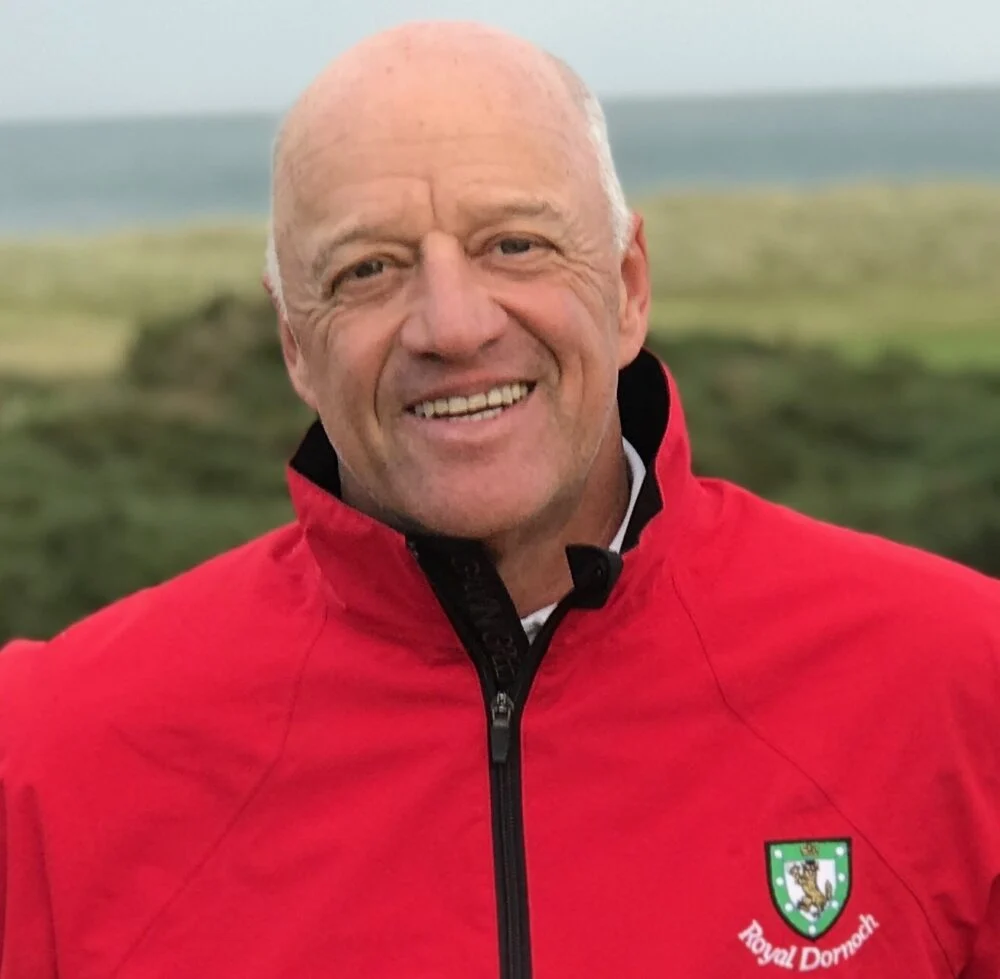
The Honorable Paul J. Tonna is a distinguished public servant, community advocate, and seasoned leader with a career marked by dedication to environmental sustainability, social equity, and community development. Serving as a Suffolk County Legislator for twelve years, including three years as Presiding Officer, Tonna played a pivotal role in advancing public health, environmental conservation, and workforce housing initiatives… Read More
Learn more about Paul Tonna at his website PaulTonna.com
Related Articles
Paul Tonna serves as Molloy College’s Executive Director for The Energeia Partnership, a leadership academy dedicated to identifying and addressing the serious …
The Honorable Paul Tonna serves as Vice Chairman and Executive Vice President of Corporate Affairs for American Health Group.
Paul Tonna joined the South Huntington Water District as a Commissioner in March, 2006, bringing with him a diverse background including experience in …
Mr. Paul Tonna is a former healthcare executive, elected official, and university adjunct professor. Paul currently serves as executive director of Molloy College’s leadership academy, The Energeia Partnership, Suffolk County…
Paul Tonna, Managing Partner, Fun Facts, Deborah Young, Director of Operations & Finance, Fun Facts, Patricia Miller, Partner, Real Estate Development.
Paul J. Tonna – Public Service Leader and AERTC Advisory Board Member | Championing Sustainable Energy Solutions and Community Development.

